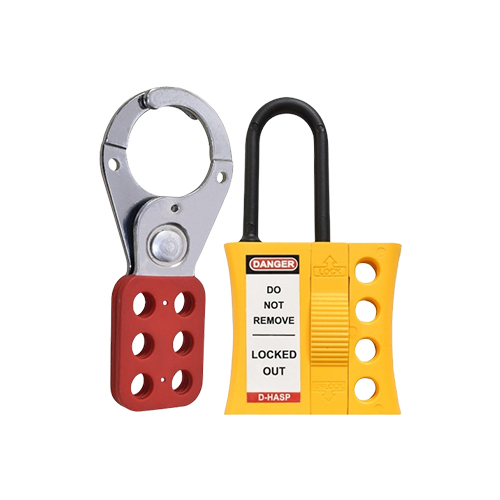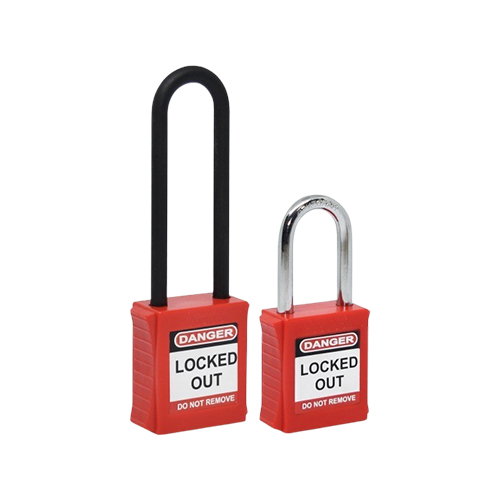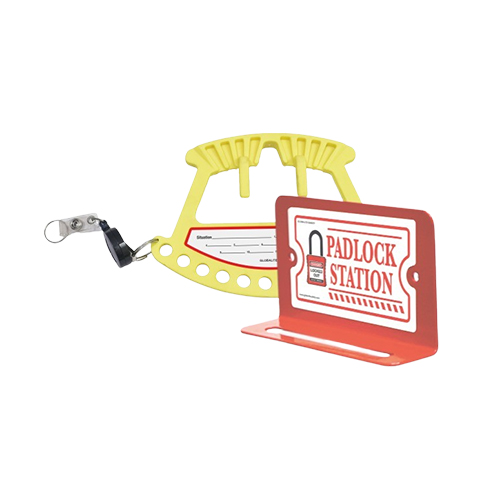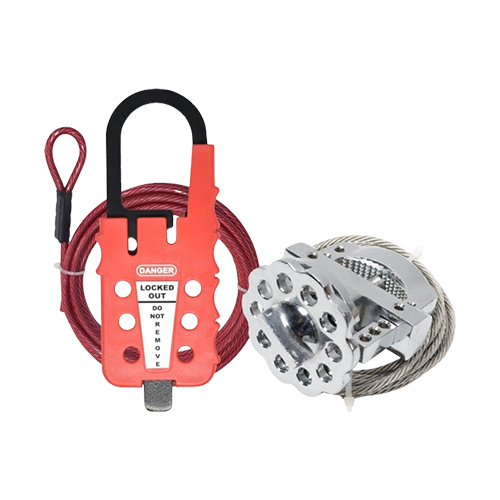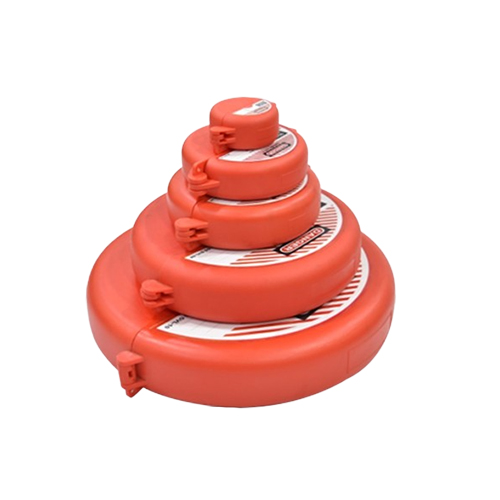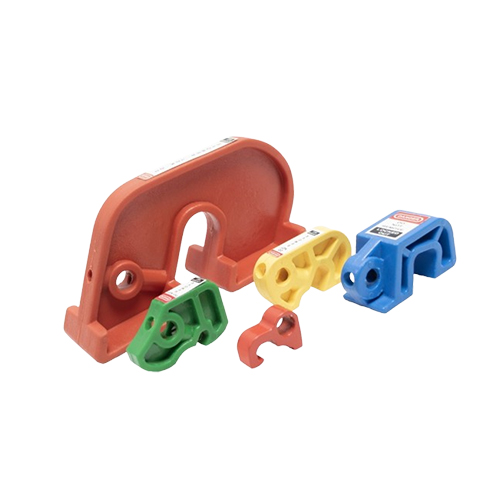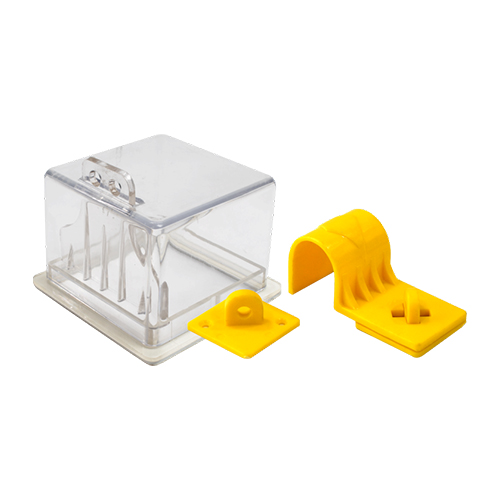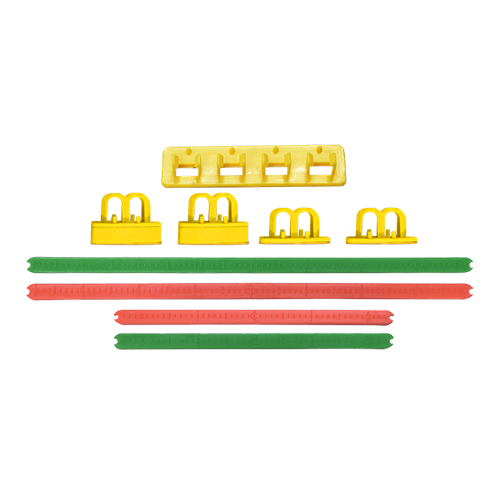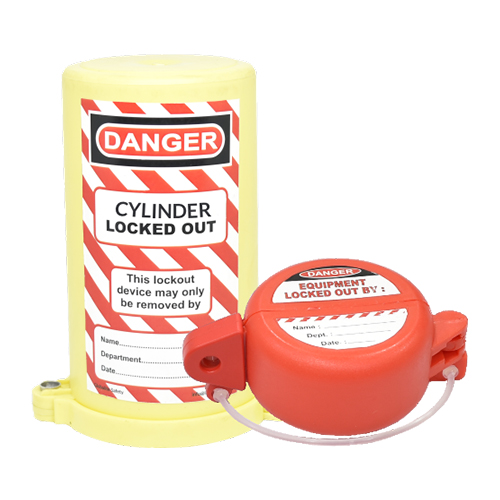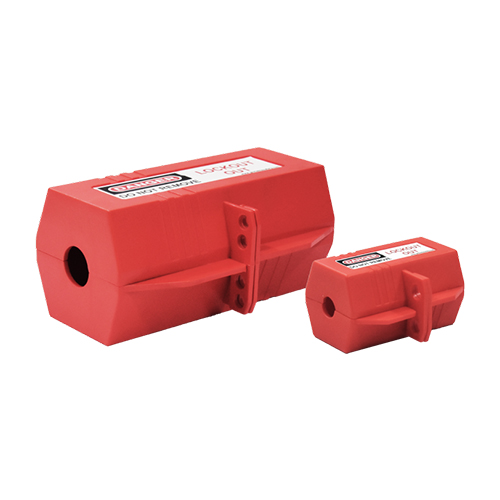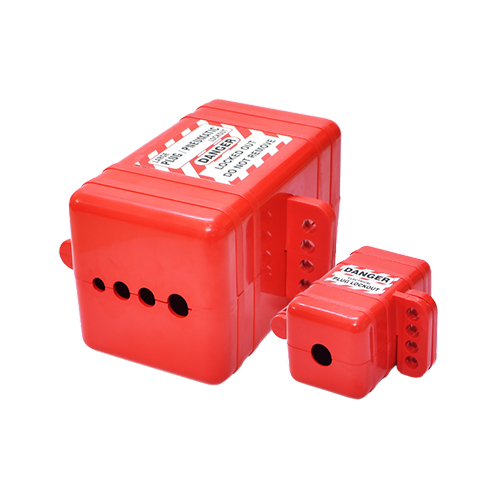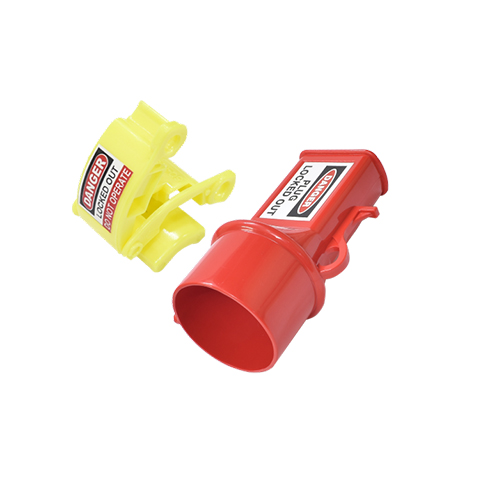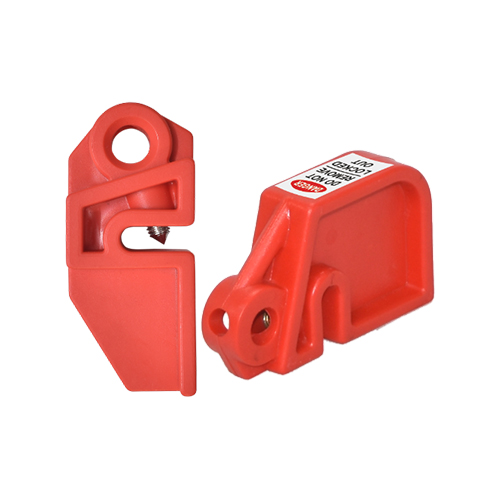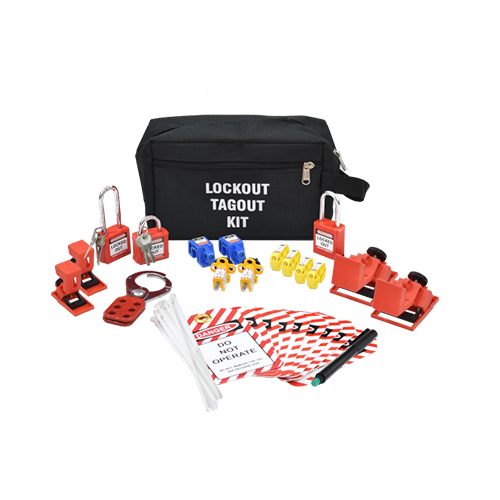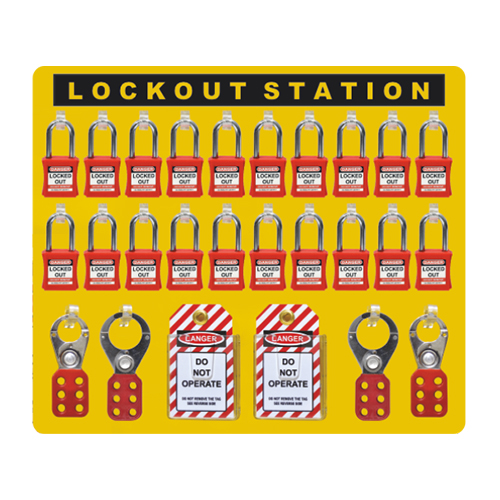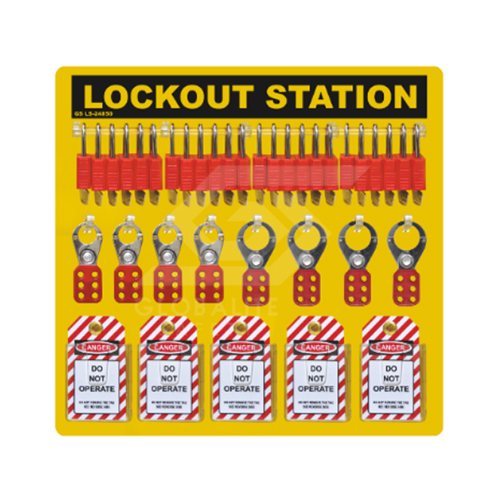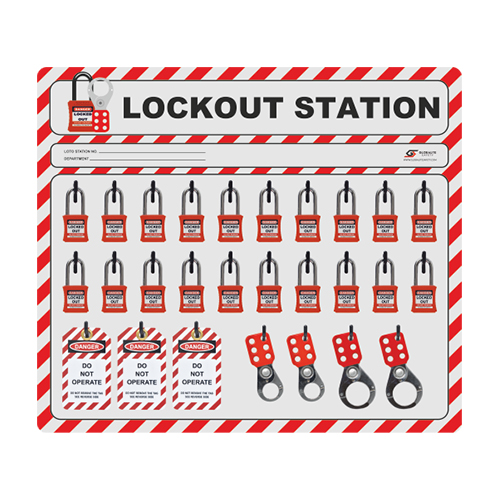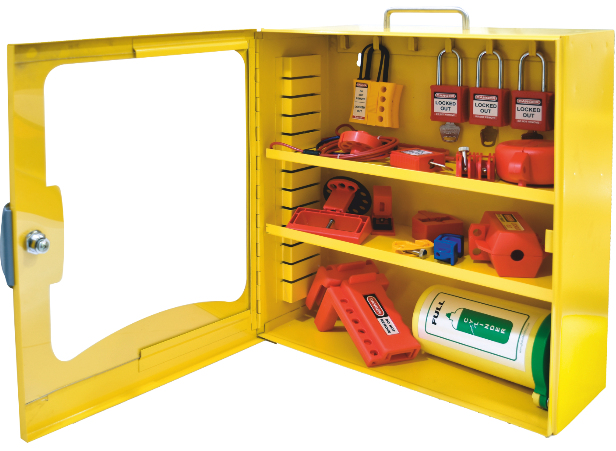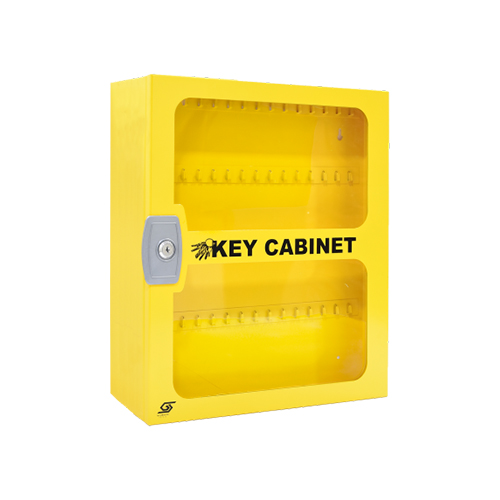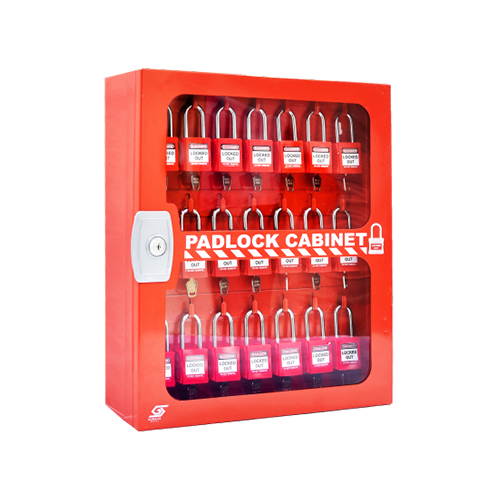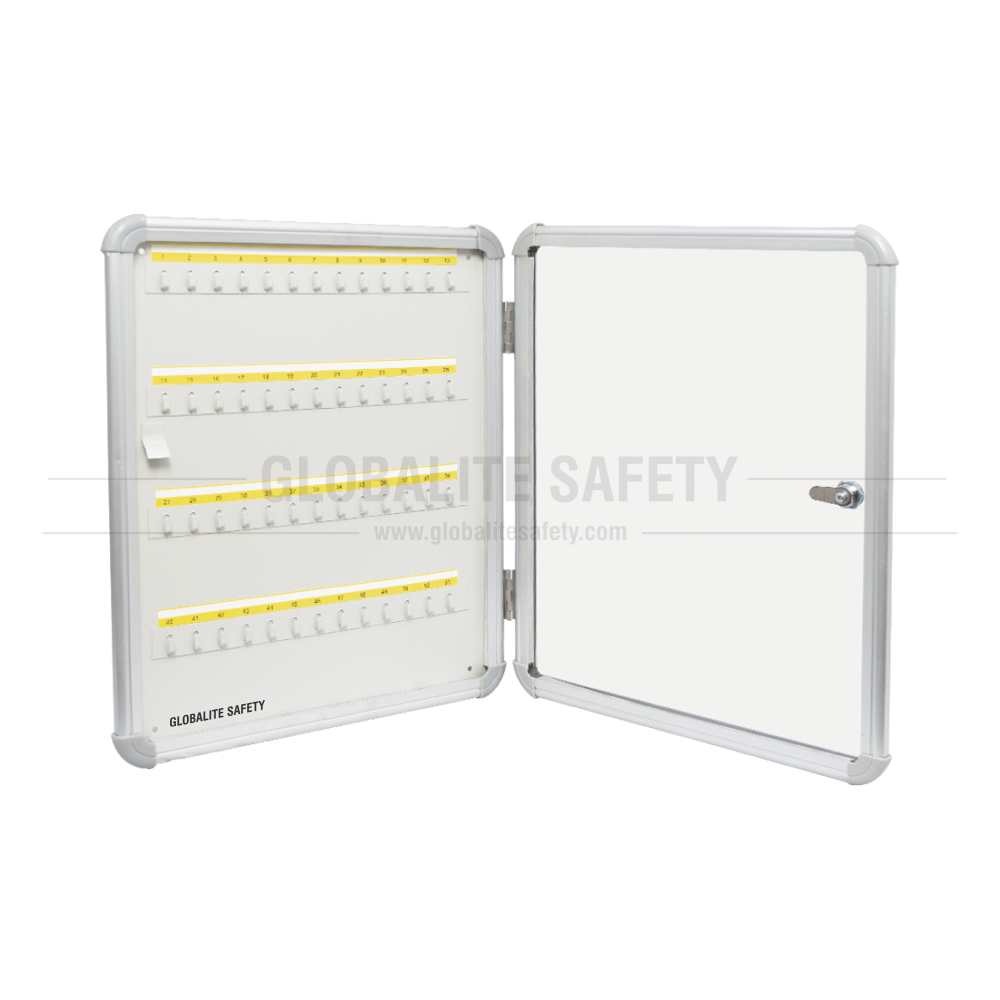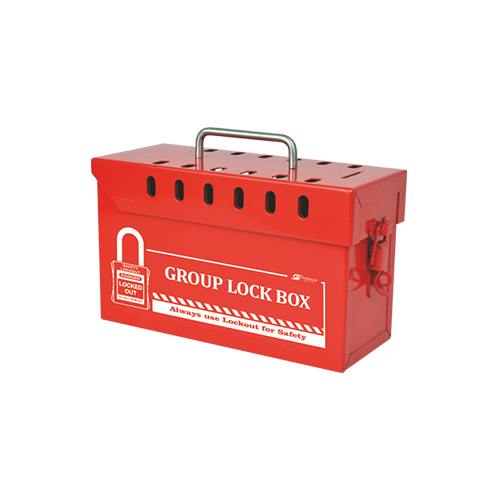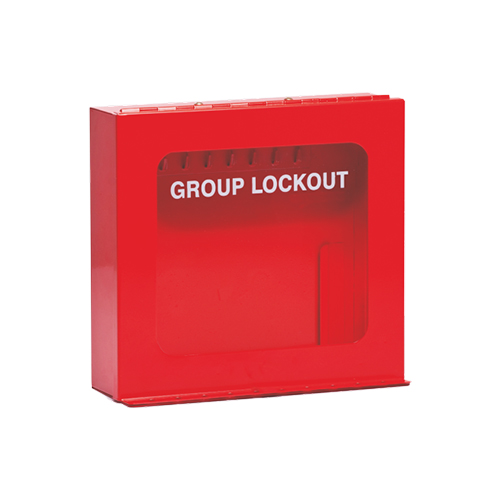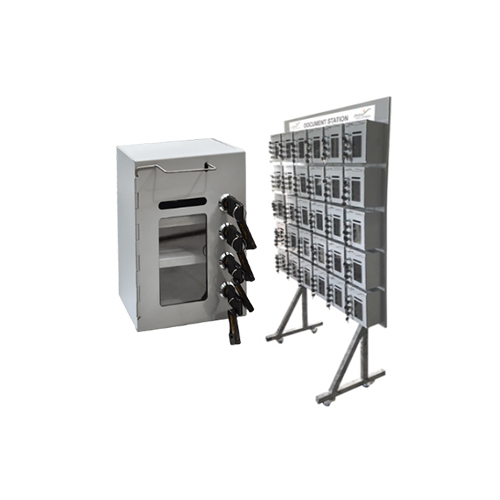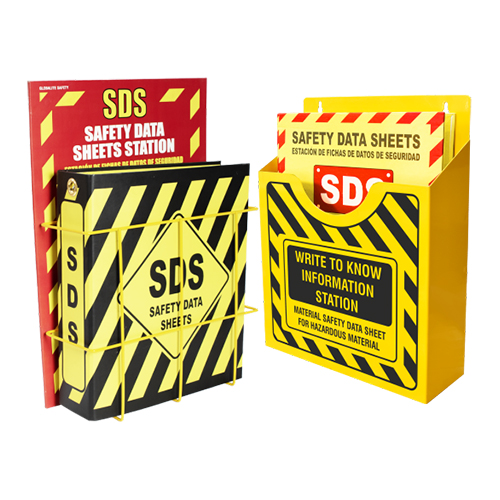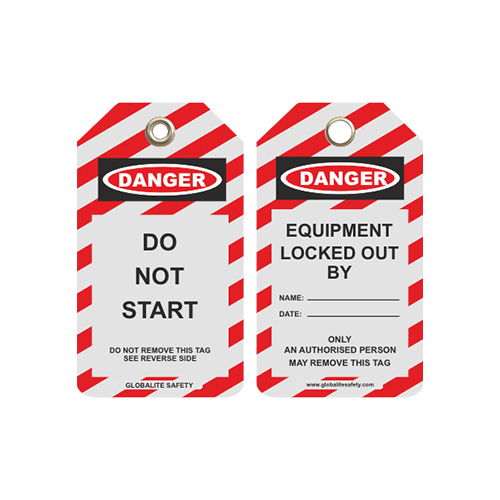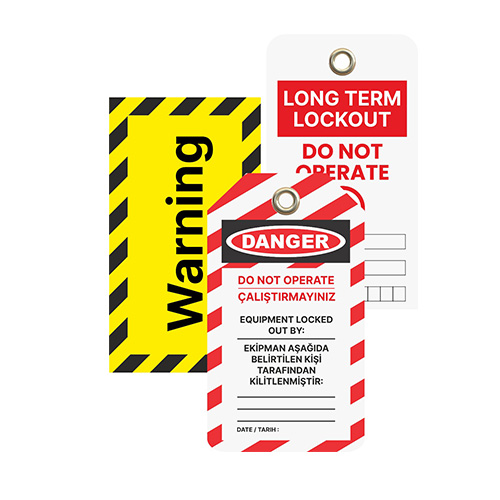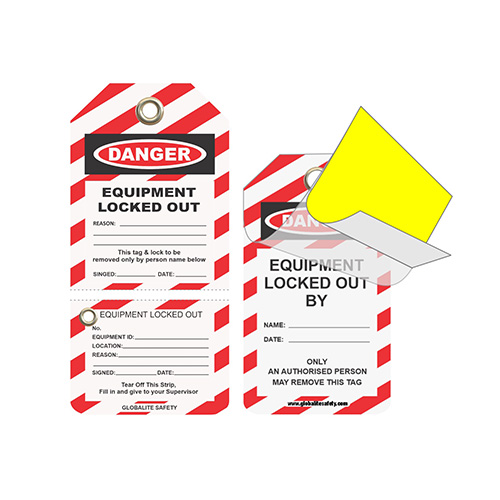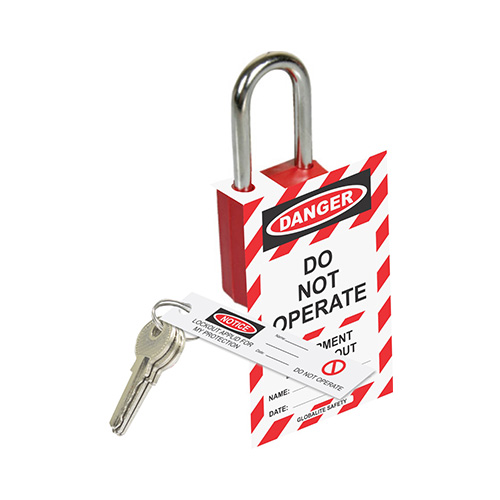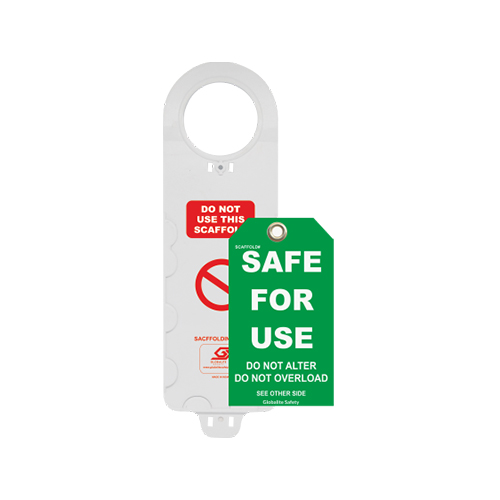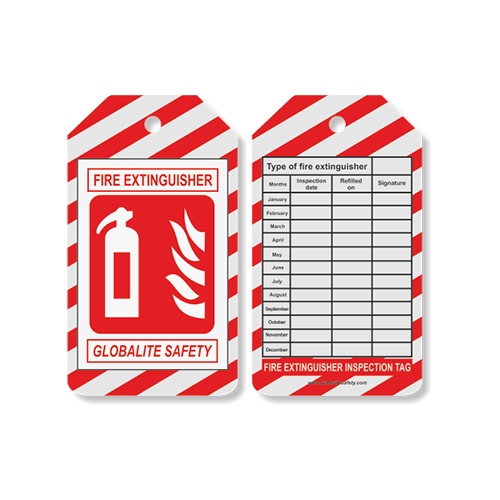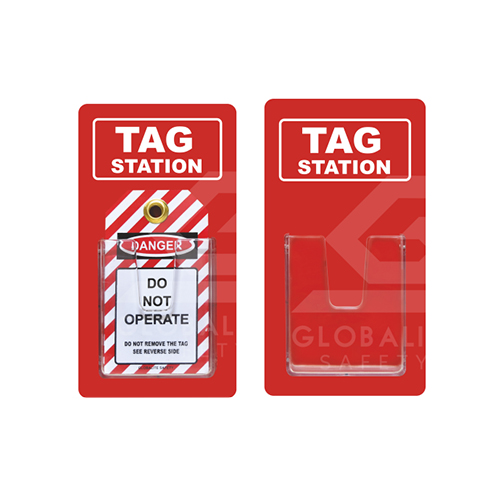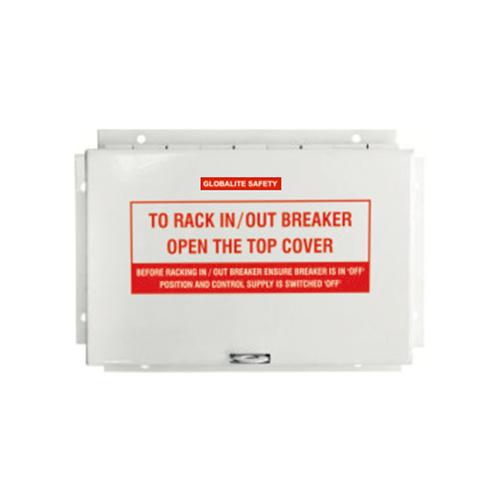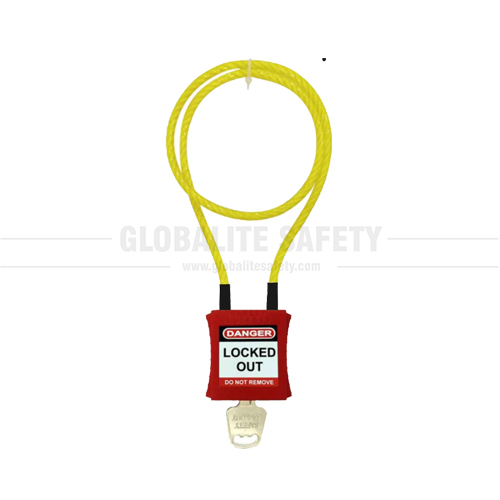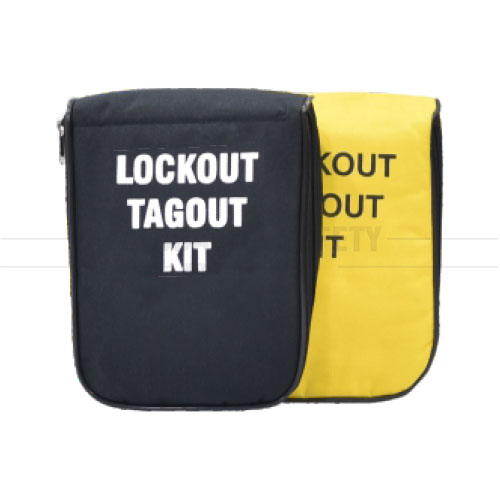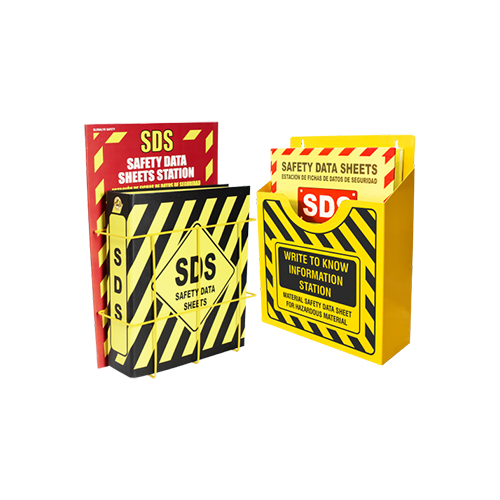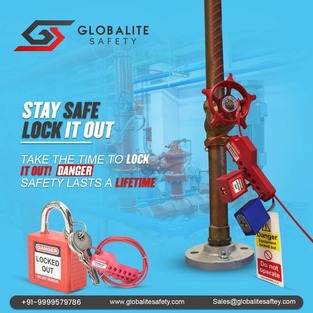Industries and equipment that are covered under the OSHA LOTO standard
Workplace safety is an unignorable factor, and the OSHA (Occupational Safety and Health Administration) has formed several guidelines and work safety standards to offer workers a safe and comfortable work environment. LOTO (Lockout Tagout) procedure is also one of the crucial work safety standards established by OSHA. It is mainly formed to protect workers from any potential dangers that may occur during the maintenance and servicing of industrial machines and equipment.
LOTO consists of proper guidelines that help ensure the safety of workers by controlling the release of hazardous energy from different machines that undergo repair maintenance. LOTO is used in different industries and is utilized for several industrial machines and equipment. In this blog, we will learn more about the industries and equipment that are covered under the OSHA LOTO standard.
Industries & Equipment Covered Under the OSHA LOTO Standard
There are many industries that are covered under this standard, especially those that utilize heavy machinery and equipment for production work. It is considered essential to follow LOTO in these industries to avoid any kind of hazard or accident that may cause severe injuries or death. The industries include:
Manufacturing Industry—All the manufacturing work requires machines and equipment, and it is mandatory for these industries to follow this OSHA standard strictly. Manufacturing industries utilize CNC machines, mechanical press machines, hydraulic press machines, conveyor systems, milling machines, robotic systems, and lots more. These machines release different types of hazardous energies, which, if not locked properly during maintenance, may cause injuries to workers. At Globalite Safety, we offer different types of lockout/tagout accessories and padlocks that are considered best for controlling the hazardous energies of heavy machinery.
Chemical Industry—This industry involves the utilization of chemical processing equipment like mixers, blenders, high-pressure vessels, chemical reactors, conveyor belts, hydraulic machines, and a few more for efficiently processing chemicals. Chemical industries deal with several hazardous and toxic chemicals that require machines to operate at high temperatures and high pressures. These machines consist of high-speed motors, rotating blades, pressure-releasing valves, and several other components that can cause damage if they are not turned off properly. To prevent such potential hazards during the maintenance of these machines, LOTO is a must in chemical industries.
Construction Industry – We all are well aware of the risks involved in the construction industry, and this is quite evident from the number of accidents reported at construction sites. The use of high-risk and dangerous construction machines like bulldozers, cranes, and concrete mixers involves a high amount of hydraulic, mechanical, and electrical energy. It is essential to bring these machines to a stationary position and isolate all the energy for safe maintenance and repair. At Globalite Safety, we offer lockout hasps, electrical circuit breakers, valve lockouts, safety tags, and several other lockout/tagout essentials that are a must for the construction industry.
Automotive Industry – From manufacturing automotive parts to assembling them, there are several complex and heavy machines used in the automotive industry. Some of the machines include robotic arms, press machines, conveyor systems, hydraulic lifts, pneumatic hand tools, electric motors, welding machines, CNC machines, and a few more. These machines consist of dangerous moving parts that, if not locked or isolated completely, may end up causing severe damage and accidents. Automotive industries are strictly advised to adhere to all the guidelines of OSHA LOTO standards and de-energize these machines properly before their maintenance begins. Being one of the prominent brands offering an assorted range of Lockout Tagout components, we do offer padlocks, valve lockouts, electric plug lockouts, lockout hasps, and warning signs & tags to carry out the Lockout Tagout procedure successfully.
Food & Beverage Processing Industry – Food and beverage production includes the use of several processing machines & equipment that are powered by different energy sources. These machines are essential for cutting, blending, processing, and packaging of food products. However, they also pose risks of mechanical and electrical hazards if not handled carefully. It is one of the reasons why the OSHA Lockout Tagout procedure is followed during the maintenance of the machines used in the food & beverage processing industry. Some of the machines utilized in this industry include conveyor systems, mixers & blenders, slicing & dicing machines, extruders, grinding mills, autoclaves, filling & packaging machines, and a few more.
Other than these industries, the OSHA LOTO Standard is also followed in a few more industries, including the oil & gas industry, the metal processing industry, the steel manufacturing industry, the paper & pulp industry, textile mills, and the pharmaceutical industry. The use of LOTO standards & accessories in all these industries prevents the sudden start-up of these machines by de-energizing or isolating them.
Employees and workers are trained to follow LOTO standards efficiently in all these industries. Be it manual handling machines or automatic machines, they all pose a high risk of accidents if they are not shut down properly during maintenance. Considering the number of accidents that occurred in the past in several industries, OSHA has made it mandatory for most industries to adhere to the guidelines of the Lockout Tagout procedure without missing. To contribute efficiently towards workplace safety and worker safety, we at Globalite Safety are designing premium quality components and locks that are used in the LOTO process for better worker safety. Being one of the ISO-certified brands, we do not compromise on the quality of any of the LOTO accessories and offer them all at affordable market prices.
